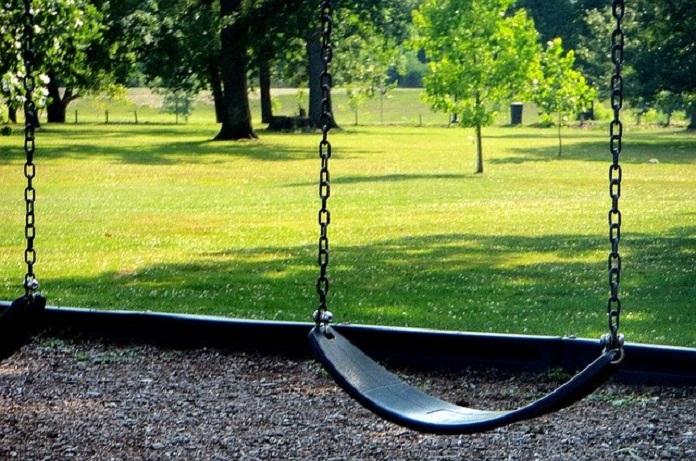A new research study compares screen time with green time and how they impact children’s psychological outcomes.
Mental health problems affect 1.2 million children in Canada under the age of 18, and the prevalence of mental illness is continuing to increase globally. Depression, anxiety, and other mental health problems in childhood can lead to poor mental health in adulthood, with 7.5 million Canadians (approximately one in five) suffering from mental health problems by the age of 25.
Time using screen-based technology (screen time) is inevitable, with new technologies now integrated into the school curriculum and widely available for kids at home. Compared to previous generations, children now spend less time outdoors in nature (green time), with reports showing that this is particularly true in children from high-income countries. For example, in the United States, the research identifies that 12-year-old children spend an average of fewer than six hours per week outdoors, and 11-14 years olds spent up to nine hours a day on screens. Studies show that screen time can be bad for kids – having a distinct effect on mental health by reducing activities that are positive for mental health such as; physical exercise, social interaction, adequate sleep, and academic study.
Researchers from the University of Adelaide identified that the combination of high screen time and low green time could affect the mental health and wellbeing of children. With most previous research looking at each factor in isolation, not a combination of high screen time and low green time, they analysed evidence assessing the associations between screen time, green time, and mental health outcomes.
Published in the open-access journal PLOS ONE, researchers examined 186 studies – a third of which were undertaken in Europe and almost as many again carried out in the United States.
The study reported that high levels of screen time appeared to be bad for kids, as this was associated with unfavourable psychological outcomes, but green time appeared to be associated with favourable psychological outcomes.
However, the researchers discuss that studies rarely consider the give and take effects of screen time (seen as detrimental) and green time (seen as protective). Early evidence suggests that green time could potentially buffer the negative effect of high screen time.
This suggests that increased green time could be used by education and public health to help protect children’s psychological wellbeing in an era where technology is a necessity. Further investment is needed in longitudinal studies to assess whether decreasing screen time and increasing green time would improve mental health outcomes in kids.
Written by Helen Massy, BSc.
References:
EurekAlert!. 2020. How Screen Time And Green Time May Affect Youth Psychological Outcomes. [online] Available at: <https://www.eurekalert.org/pub_releases/2020-09/p-hst082620.php> [Accessed 15 September 2020].
Mentalhealthcommission.ca. 2020. Children And Youth | Mental Health Commission Of Canada. [online] Available at: <https://www.mentalhealthcommission.ca/English/what-we-do/children-and-youth#:~:text=Yet%2C%2070%20per%20cent%20of,about%20one%20in%20five%20Canadians).> [Accessed 15 September 2020].
Oswald, T., Rumbold, A., Kedzior, S. and Moore, V., 2020. Psychological impacts of “screen time” and “green time” for children and adolescents: A systematic scoping review. PLOS ONE, 15(9), p.e0237725.
Image by S Cross from Pixabay



